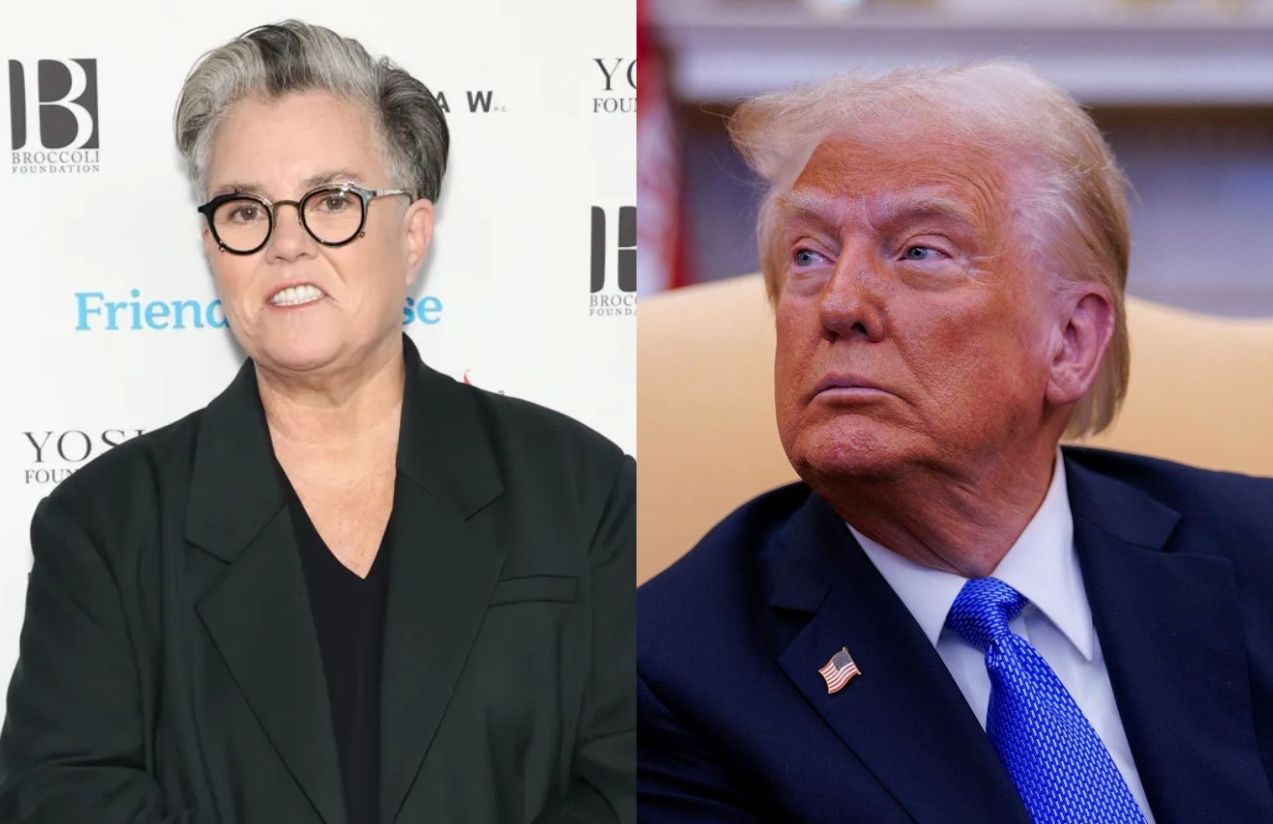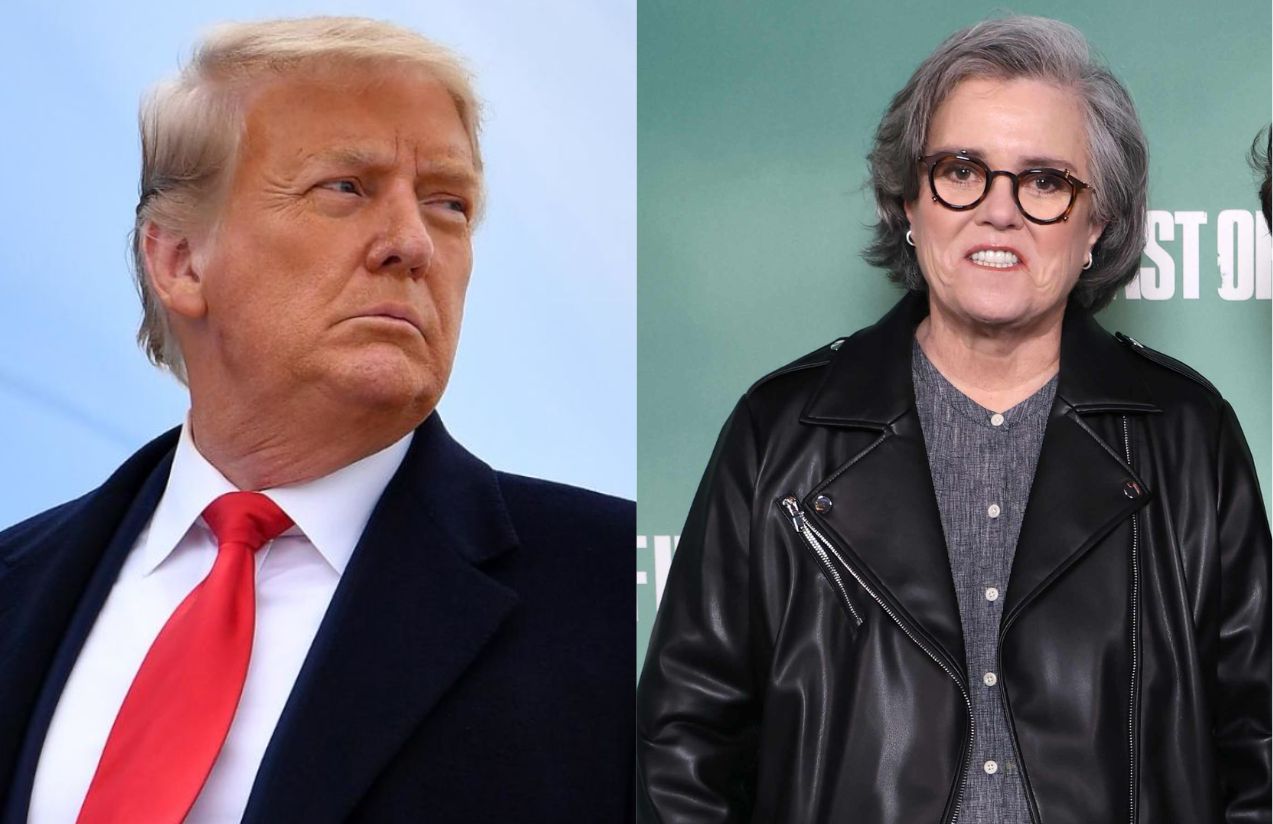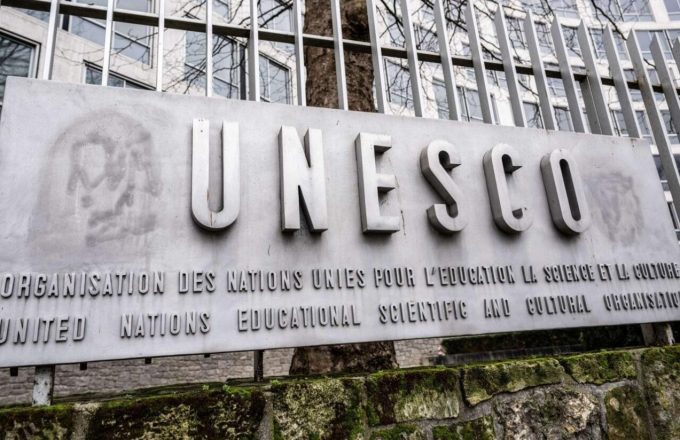President Donald Trump sparked fresh controversy on July 12 and 13, 2025, by posting on his platform Truth Social that he is “seriously considering revoking the U.S. citizenship” of actress and comedian Rosie O’Donnell. He called her “a threat to humanity” and suggested she stay in Ireland if she prefers it there. O’Donnell, who relocated to Dublin earlier in 2025 with her non-binary child, responded sharply, calling Trump “a soulless old man with dementia” and accusing him of embodying everything she opposes.
This feud dates back to 2006, when O’Donnell criticized Trump on The View, igniting a public war of words that continues to this day. Trump has repeatedly insulted her in public, and O’Donnell has never held back in firing back. Despite Trump’s threats, several constitutional law experts have pointed out that birthright citizenship, like O’Donnell’s, who was born in New York in 1962, is protected under the 14th Amendment and cannot be unilaterally revoked by a president.

Rosie is currently in the process of acquiring Irish citizenship through ancestry. She stated that she left the U.S. for the sake of her mental health and that of her child. Additionally, she blamed Trump for his handling of the deadly floods in Texas, claiming his administration’s removal of early warning systems worsened the disaster.
Can Trump legally revoke Rosie O’Donnell’s citizenship?
No. According to constitutional scholars, the president does not have the legal authority to revoke the citizenship of a person born in the United States. Birthright citizenship is protected by the U.S. Constitution and can only be lost through voluntary renunciation or in extreme cases like treason, which do not apply in this case. The 14th Amendment and multiple Supreme Court rulings uphold this protection.




















